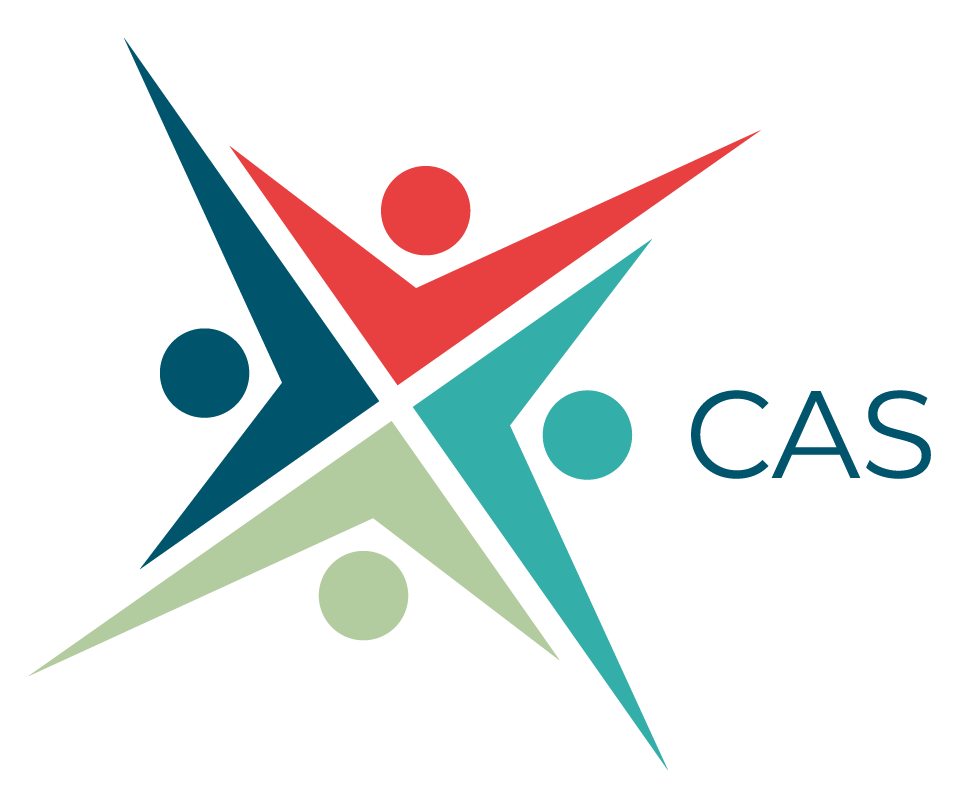
The Teacher Inquiry in Computing Education (TICE) programme is for any teacher, primary or secondary, who would like to investigate something in their own practice. We were delighted to be able to share the teacher inquiry projects from the TICE2 programme at the CAS conference in London.
It’s time now to start thinking about next year! We are excited that we’ll be able to offer this programme again, and this year with a more structured partnership with Computing at School (CAS). At the Raspberry Pi Computing Education Research Centre, we are all members of CAS and have very close links with the community, so it’s a natural collaboration.
TICE3
The TICE programme is structured over one academic year and computing teachers will work on a small-scale inquiry or research project during that year, before writing it up in brief. We use an academic partnership model, whereby a group of academic ‘helpers’ who have experience of conducting research are matched to teachers in order to give them some personalised help with their inquiry projects. We have also curated a set of resources to help teachers, and offer online drop-in sessions for additional support roughly once a month, either after school or in the evening.
In order to take part you need to commit to two online meetings, and one F2F day, which will be held in two locations – London (BCS offices) and Ormskirk, near Liverpool (Edge Hill University) Thanks to CAS, cover costs of £250 for the F2F meeting in December will be provided. There will also be a self-study option, which won’t include the F2F day or being matched with a researcher to help you, but you would still be able to access all our resources and webinars. And it’s all free.
Structure of the programme
| September → October | Recruitment to programme First online event (mandatory) Choosing a research question Matching of teachers to helpers First online meeting with helper |
| November → December | Detailed planning of research (with support from helper) Presentation of research plan early December at a full-day F2F meeting (cover costs to enable teachers to be released from schools are to be made available) Online drop-ins and webinars focused on research design and data collection Online meeting with helper |
| January → March | Teachers carry out their intervention or investigation during the spring term Online drop-ins and webinars focused on data analysis and writing up Online meeting with helper |
| April → May | Writing up time – template provided See the 2023/2024 booklet for examples Second online event (mandatory) |
| June → July | Dissemination at CAS Conference, and booklet of 2024/2025 projects produced and circulated |
What’s next
If you’re interested in TICE3, the form will be open to apply from 2nd to 13th September (two weeks). The form asks a few questions about what you teach, why you’re interested, and any potential research questions you might have already thought about. You don’t need to have a clear research idea to be accepted on this programme, but you do need to have the support of your school/department and be aware of the commitment and time needed. If more than 20 teachers apply, we will apply a first-come first-served criteria to select. All other teachers are very welcome to use the self-study option.
Update: The registrations for the full programme have now closed, but the self-study option will remain open for interested teachers and educators. Please email us at rpcerc-enquiries@cst.cam.ac.uk you’d like to be added to the self-study programme.

Teacher Research Network
While we’re here, we’d like to share with you that we are starting a Teacher Research Network. If you have already signed up for our mailing list, you will have noticed that there is a tick box to join it which has been there for a while – and now we are all set to go! The Teacher Research Network is for you if you’d like to volunteer to be a participant in any of our research projects. Compared to TICE3, where you research your own topic, being part of this network means you hear first about research projects we are running and have the opportunity to take part. Participating in projects involves varying levels of commitment, from a one-off interview with a researcher, to being one of our EPICS partners schools for five years (we have recruited them now!). If you’ve signed up for our newsletter and ticked that box, then you’ll be hearing from us shortly. If you haven’t already, think about signing up here: